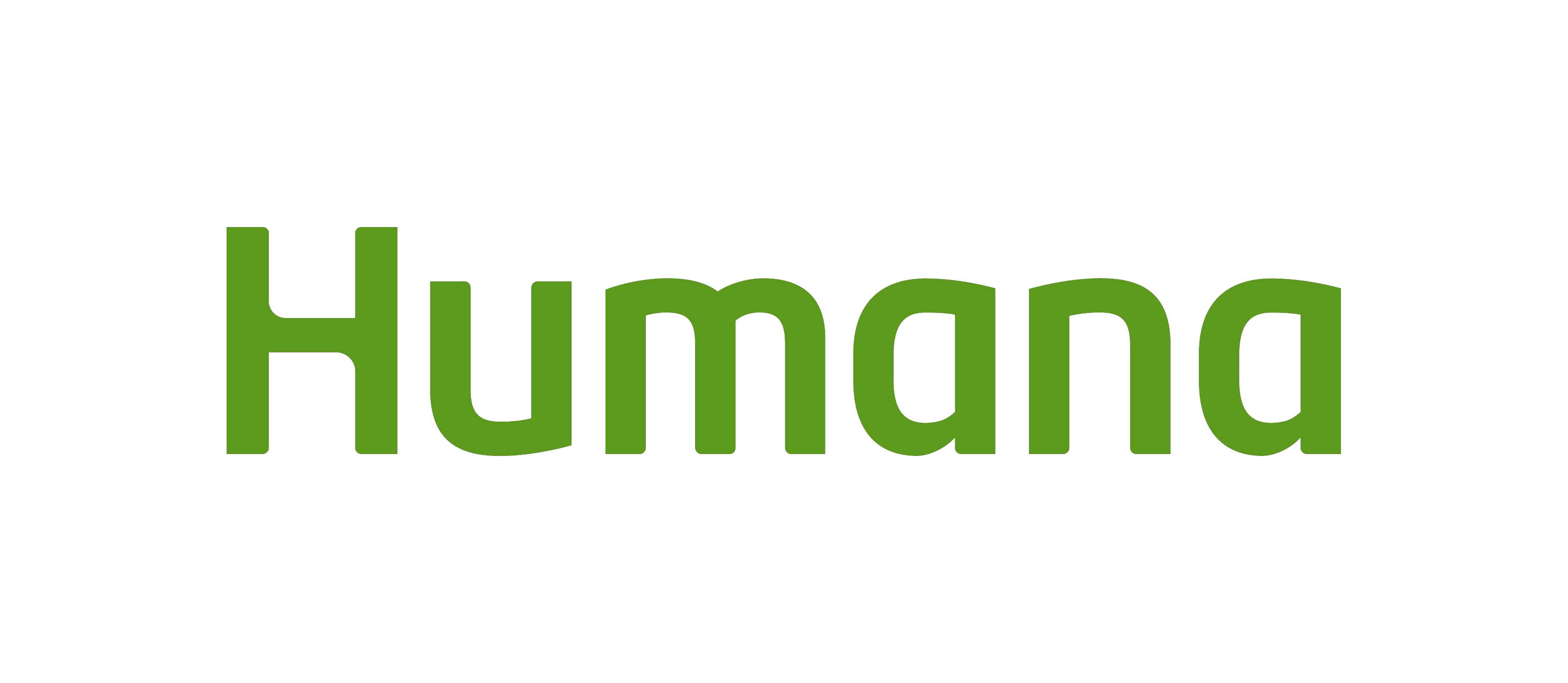Humana and DispatchHealth Agreement Showcases Growing Trend in Urgent Home Care
Insurance companies recognize the value and savings of expanding paramedicine services
Treating patients with multiple chronic conditions in their own homes is a model gaining greater traction across the United States, with the latest example coming from private insurer Humana now partnering with DispatchHealth, an urgent care delivery company.
This recent agreement comes just months after the federal government opened its doors to hospital-at-home Medicare reimbursement, recognizing the benefit of treating eligible patients with chronic conditions safely in their homes. This need became evident during the Covid-19 crisis, and has helped alleviate pressures from overwhelmed hospital emergency departments.
The Humana-DispatchHealth partnership is separate from any federal government initiatives, but demonstrates the growing national interest in expanding, improving and reimbursing for paramedicine and quality home care delivery. The Humana-DispatchHealth agreement will focus on chronic illnesses that affect millions of Americans, including: chronic obstructive pulmonary disease, heart failure, and infections such as cellulitis and urinary tract infections—situations that require quick intervention but not expensive hospitalizations.
Reimbursement critical to going forward
Private insurers are catching on to a model HealthCall has been developing since 2014. HealthCall’s innovative software and telehealth capabilities allow paramedicine and community practitioners to more effectively treat, track and monitor patients in their homes. Working with regional companies, such as Ready Responders, and municipal paramedicine departments, HealthCall has helped redefine urgent and at-home care using a cloud-based platform that supports paramedicine and community practitioners in administering high quality care at patients’ doorsteps, avoiding the need for costly transports to busy hospitals, possible long emergency room waits, and expensive hospitalizations that may affect patients’ wallets as well as drive up overall health care costs. The approach is data-driven, more proactive, and less reactive to 9-1-1 calls often followed by expensive hospital transports.

As more communities begin to recognize the need and value of at-home care for urgent needs that may not require hospitalization, so, too does an interest in contracting with private insurers, such as Humana, because a lack of reimbursement has prevented paramedicine departments from growing in the ways they need. Medicare and private insurers recognize this, especially in light of how the Covid-19 crisis quickly inundated medical services and further complicated an already fragmented health care system.
Humana, based in Louisville, Kentucky, operates as both a payer and an at-home provider, and oversees Humana At Home and Kindred at Home, the largest home-based health provider in the United States. Humana’s Medicare Advantage memberships include 4.5 million recipients.
“Prior to the public health emergency and the most recent waiver, there actually wasn’t a mechanism to provide these services for the Medicare population within the home,” Susan Diamond, home care business president at Humana, told HomeHealthCare News, “While Dispatch is not currently covered under the waiver, Medicare Advantage companies like Humana have the ability to contract with these types of companies and provide the services to our members.”
Data will inform Humana how to identify which members use hospital emergency rooms for non-urgent care. Humana will then educate these patients about home care and paramedicine resources. Patients aren’t being discouraged from calling 9-1-1, but instead are being informed of additional resources now available to them. DispatchHealth will monitor patients at home for 30 days to gauge symptoms and potential follow-up care needs.
“From a dollar-and-cents perspective, we will see lower readmissions,” said Diamond. “We will see less need for post-acute care.”
Already, companies have seen the savings in this approach, which has been consistent with HealthCall’s partners’ experiences. When DispatchHealth launched its Advanced Care initiative in 2019 with 27 patients, the company averaged savings of $6,200 per patient with in-home care by avoiding hospitalizations.
While the biggest financial savings comes from observing patients in their homes for possible complications instead of the hospital; patients may also experience reduced risks of depression and malnutrition, which can occur during hospitalizations, all of which may boost patient outcomes and satisfaction.
Overall, DispatchHealth has saved over $227 million in medical costs since launching in 2013, according to the company.
Diamond noted that scaling up nationwide will take time, but this most recent collaboration between a major insurer and an EMS company definitely echoes a growing trend in home care delivery expansion and reimbursement.
